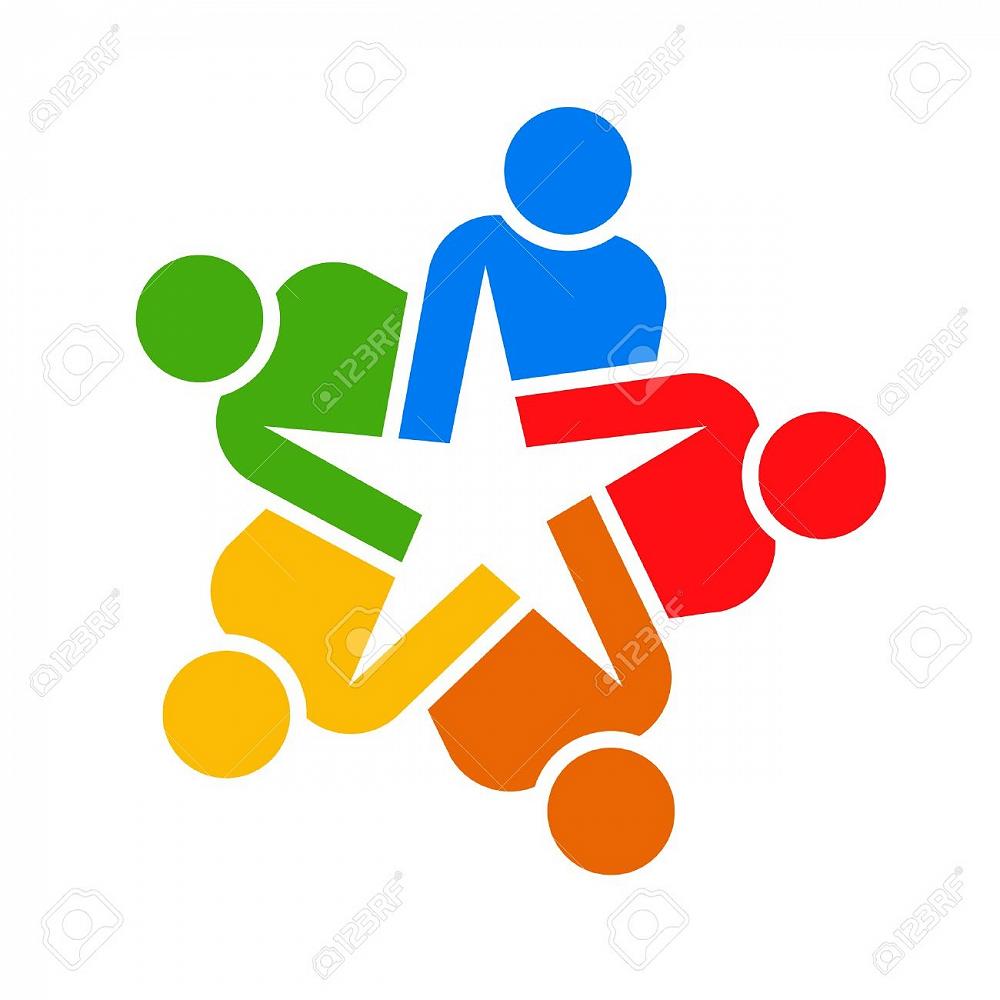
Back leading learning for two days
This week I have been privileged to be allowed to fulfil the role of teacher for the Year 6 children from T43, 44, 45, while their Year 7 and 8 classmates were on camp at Wainui.
It has been enlightening and an absolute pleasure to spend time with this fabulous group of young learners who have been completing their choices of learning activities from a range of options related to their Pudding Hill Camp.
I have been immensely impressed by their achievements and learning habits. We see learning habits as the routine ways in which children think and act when faced with new learning experiences and challenges. Some learning habits make us very productive and effective; others cause us to learn in constrained and limited ways. Habits are indeed part of each person's character. Children acquire these habits through use: ways of behaving become habituated. If we have a well formed ‘Me-Learning habit’, we will have a tendency to use it in all learning experiences. The more we experience the value of a particular habit, the more we will tend to use it throughout our lives. Our teachers are deliberately fostering effective learning habits so your children form individual learning characteristics. The ways in which our Year 6 children are performing and behaving towards their learning has been influenced by the way our teachers orchestrate and guide learning.
Few parents these days would argue against the importance of developing children’s learning behaviours (or powers, or characteristics, or habits, or whatever your word may be), because such behaviours enable children to become better learners. But acknowledging their importance and actually using them to shape the classroom environments are two very different things. Putting the development of learning at the heart of our schools’ approach is what we are doing.
The basic ideas and key learning behaviours demonstrated by our Year 6 children included:
Perseverance
Questioning
Planning
Imagining
Listening
Reasoning
Collaborating
Revising
Noticing
Making links
Resourcing Learning (Capitalising)
Me Learning (Meta-learning)
